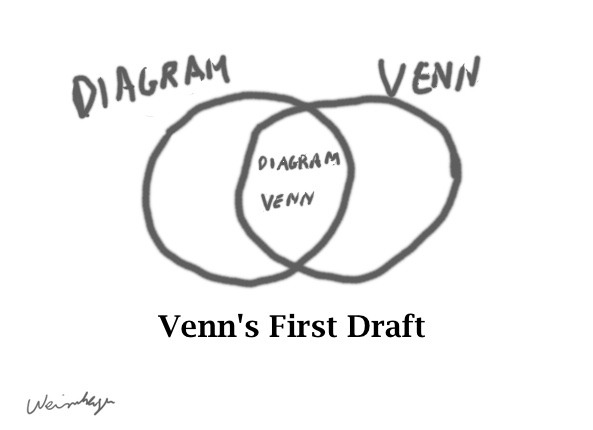July 27, 2017

Speaker info
July 20, 2017
I didn’t like the new Planet of the Apes movie. [No spoilers.]
War for Planet of the Apes has 95% positive ratings at Rotten Tomatoes. Many of the cited reviews are effusive. For example, Charles Taylor at Newsweek calls it “a consistently intelligent, morally thoughtful and often beautiful picture.”
I’d rephrase that a bit. I think it was a dumb, predictable, boring movie with a couple of nice landscape shots. We went to see it on one of our few movie nights out because we’d enjoyed the first two in this series.
If WARPA weren’t about apes but was instead about the actual human ism‘s it intends to get us to see from the Other’s perspective — racism, colonialism, militarism — we’d view it as embarrassingly trite and shallow. Casting apes as the victims doesn’t make it any less so.
It doesn’t help that while the facial animations are incredible, the ape bodies look like pretty good animations of people wearing ape suits. Plus, I have to say that these apes’ lack of genitalia or assholes diminishes the vividness of the premise of the movie: the apes we’ve treated as an inferior species are deserving of respect and dignity. Instead, we get damn, dirty hairy aliens.
But most of all, there isn’t a cliche the movie doesn’t miss. If you’re sitting in your seat thinking that the next obvious thing to happen is X, then X will happen. Guaranteed. The only surprises are the plot holes, of which there are many.
The music is bad in itself and is used as a cudgel. They might as well have skipped the music and just put in subtitles like “Feel sorrow here.”
Full marks to Andy Serkis and the motion capture crew. As others have suggested, he deserves his Special Achievement Oscar already. Well, he deserved it for Lord of the Rings, but his work in this movie is absolutely its highlight. Steve Zahn also has a good turn as the comic relief. But poor Woody Harrelson is stuck with ridiculous lines and a clumsy narrative attempt to give his character some depth. His best moment is when he shaves his head in one of the movie’s embarrassing flags that it thinks it’s on a par with films like Apocalypse Now.
Also, this movie is no fun. It’s grim. It’s boring. It’s unfair to the humans.
That last point is not a political complaint because lord knows we deserve all the monkey feces thrown at us. It’s instead a complaint about the shallowness of the movie-making.
Overall, I’d give a 95% chance of disappointing you.
July 18, 2017
America's default philosophy
John McCumber — a grad school colleague with whom I have alas not kept up — has posted at Aeon an insightful historical argument that America’s default philosophy came about because of a need to justify censoring American communist professorss (resulting in a naive scientism) and a need to have a positive alternative to Marxism (resulting in the adoption of rational choice theory).
That compressed summary does not do justice to the article’s grounding in the political events of the 1950s nor to how well-written and readable it is.
July 17, 2017
The Internet is also a thing
A list I am on is counseling that a particular writer not to be taken in by a tour of a data center or network operations center. These tours are typically given by PR guides and can leave the impression that the Internet is a set of writes owned by a corporation.
I certainly agree with both concerns. But, having been a Rube on a Tour more than once, I think technologists who are deep into protocol issues may underestimate how shocking it is to most people that the Internet is also a physical thing. Yes, I understand that the Internet is a set of protocols, etc., and I understand that that is usually what we need to communicate to people in order to counter the truly pernicious belief that Comcast et al. own the Internet. But the Internet is also, as instantiated, a set of coiled wires and massive industrial installations. Seeing the blinking lights on a bank of routers and being told by the PR Tour Guide that those signify packets going somewhere is, well, thrilling.
Every Internet user understands that there is a physical side of the Net. But seeing it in person is awesome and inspiring. That’s why Shuli Hallak‘s photos in Invisible Networks are so impressive.
It is tremendously important both conceptually and politically to understand that the Net is fundamentally not a thing and is not owned by anyone. But seeing in person the magnitude of the effort and the magnificence of the hardware engineering also teaches an important lesson: the Internet is not magic. At least not entirely.
July 12, 2017
Net neutrality still matters. A lot.
Net neutrality regulates the organizations that provide access to the Internet — to our Internet — to make sure that they do not play favorites.
Net neutrality is not a layer on top of the Internet. It is not a regulation place on the Internet. It is the Internet, as Doc Searls and I explained way back when in a post called World of Ends.
Tell the FCC that this matters to you.
"; } ?>








